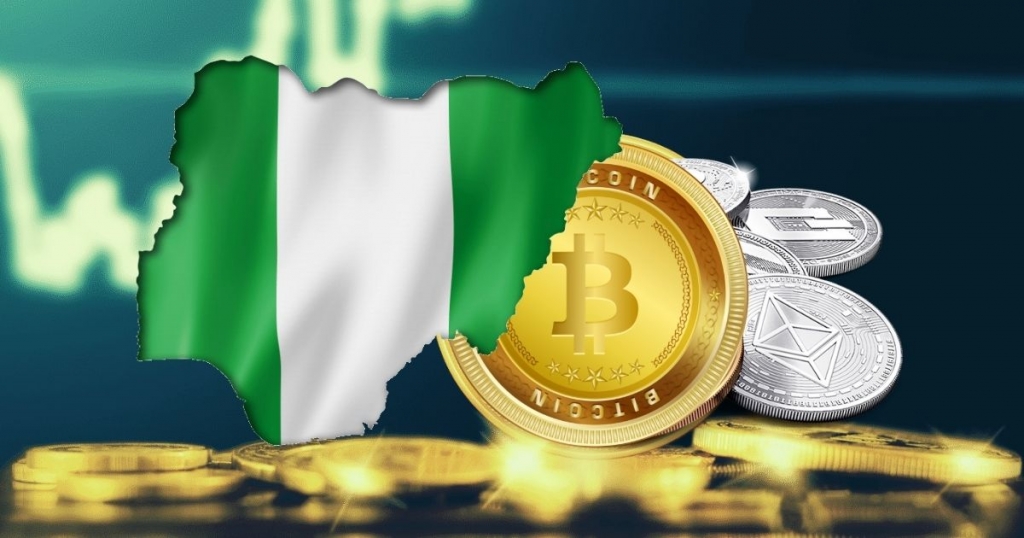- Nigeria’s CBN has reintroduced a forex auction aiming to stabilize the naira and restore economic confidence.
- The CBN settled $1.5 billion in FX obligations to clear backlogs and strengthen Nigeria’s foreign exchange market.
- Despite hurdles like high inflation, Nigeria’s strategic efforts aim to bolster both investor confidence and growth potential.
The Central Bank of Nigeria (CBN) has reorganized the Foreign Exchange Auction System to ensure that the naira’s fair value is maintained. The goal of this action is to relieve pressure on the naira and boost economic confidence. The choice was made in response to issues like rising public debt, low jobless rates, and diminishing oil output.
The Strategic Action of the Central Bank
To stabilize the currency rate, the CBN plans to clear out a backlog of foreign exchange transactions. Mrs. Hakama Sidi Ali, the acting director of corporate communications, verified that the CBN paid $1.5 billion to satisfy debt, thereby clearing the remaining amount of the foreign exchange backlog. In order to foster confidence among investors and financial institutions, Deloitte Consulting evaluated these transactions to make sure that only valid claims were satisfied.
Governor Cardoso emphasized that clearing the FX backlog is crucial for restoring confidence in Nigeria’s economy. This effort is part of a broader strategy to stabilize the exchange rate and curb imported inflation, enhancing trust in the banking system.
Foreign Exchange Market Dynamics
Cardoso, in a call with foreign portfolio investors, highlighted the potential for increased foreign currency reserves. The CBN reported that external reserves reached $34.11 billion by March 7, 2024, the highest level in eight months. This increase results from higher remittances from Nigerians abroad and foreign investors purchasing local assets, such as government debt securities.
Despite these positive developments, Nigeria faces ongoing challenges. The country struggles with high government debt and unemployment rates, as well as power shortages and security issues. These factors contribute to economic instability, but the CBN’s efforts to stabilize the currency are gaining traction.
In recent reforms, President Bola Tinubu removed a costly fuel subsidy and lifted some forex controls. However, the naira continued to weaken, and the reform drive lost momentum without central bank intervention.
Economic challenges and opportunities
Nigeria’s economy is experiencing high inflation and currency declines. December proved to be the highest month for inflation in almost thirty years, at 28.92%. The central bank’s financing of the budget debt through overdrafts increased the money supply, which is worsening inflation.
Declining oil production also affects Nigeria’s foreign exchange earnings and growth prospects. Andrew Matheny, a senior economist at Goldman Sachs, noted that the recent devaluation made the naira seem undervalued, potentially attracting foreign portfolio inflows. However, other monetary policies must align, such as ending central bank overdrafts and addressing budget deficits to restore stability.
Nigeria’s economic recovery requires a balanced approach, addressing immediate challenges while fostering long-term growth. Achieving macroeconomic stability can attract foreign investments and enhance economic prospects.



